Keywords: Temporary Protection Visa
-
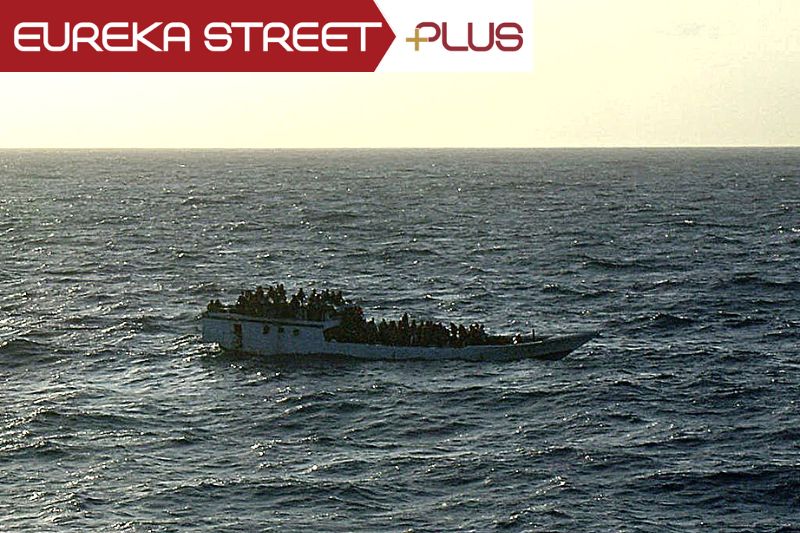
AUSTRALIA
- Kerry Murphy
- 04 January 2024
Throughout recent decades of Australian history, the stance every government has taken on asylum seekers has reflected the shifting political landscapes and challenging humanitarian issues that have continually shaped Australia's response to those seeking refuge.
READ MORE 
-
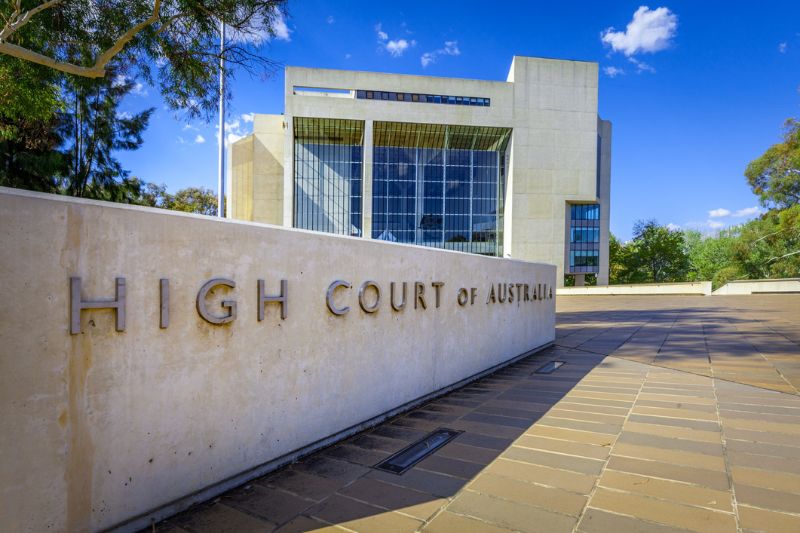
AUSTRALIA
- Frank Brennan
- 04 December 2023
8 Comments
Last month, the High Court overturned a controversial 2004 decision, reaffirming the principle that asylum seekers cannot be detained indefinitely without prospects of deportation. This ruling not only corrects a historical misstep but also reasserts the High Court's commitment to limiting executive overreach.
READ MORE
-

AUSTRALIA
- Kerry Murphy
- 28 July 2023
How has Australia's asylum seeker policy changed over the past thirty years? The approach of every government has reflected the shifting political landscapes and challenging humanitarian issues that have continually shaped Australia's response to those seeking refuge.
READ MORE 
-
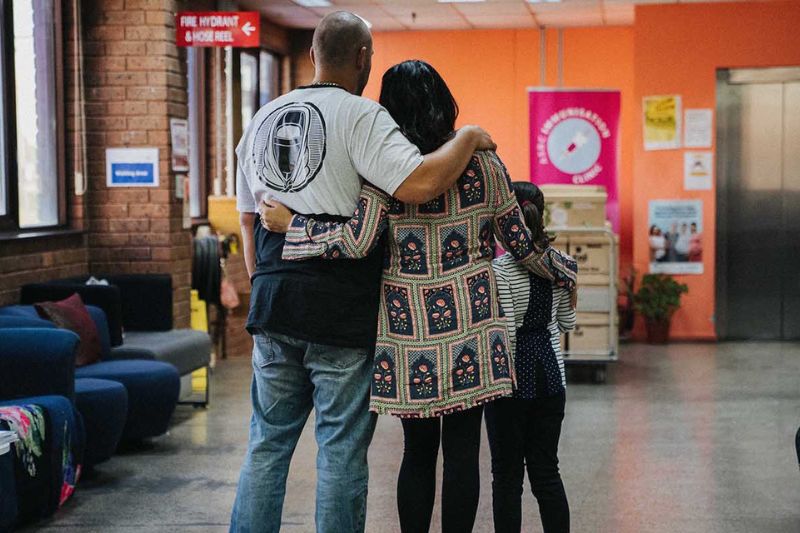
AUSTRALIA
- Andrew Hamilton
- 16 February 2023
After years of intense debate, Australia has now offered permanent residence to people with Temporary Protection Visas (TPVs), which caused great suffering and were part of a deterrence policy. However, this decision is just an incremental step towards a more humane refugee program that respects secure borders and the humanity of people seeking protection.
READ MORE
-
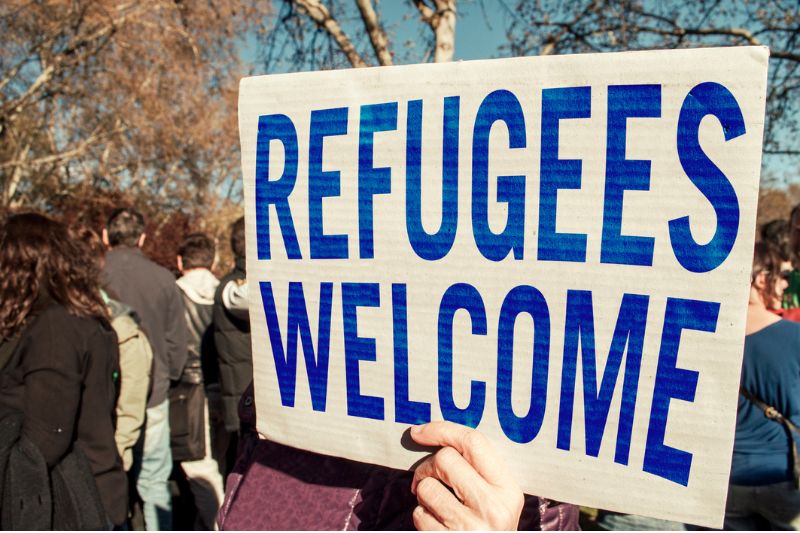
AUSTRALIA
- Kerry Murphy
- 16 February 2023
1 Comment
A Valentine’s Day present from the Minister for Immigration for those on temporary protection visas is a much-anticipated relief for approximately 19,000 refugees in Australia. And while a solution is welcome for these refugees, there remains around a further 10,000 whose status and future is uncertain.
READ MORE
-
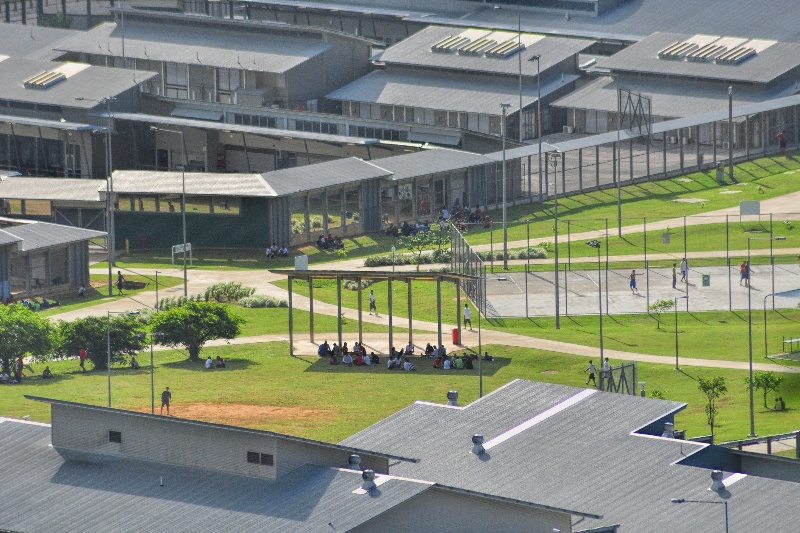
AUSTRALIA
- Farhad Bandesh
- 14 December 2022
3 Comments
My name is Farhad Bandesh. For seven-and-a-half years I was not called by my name. The Australian Federal Government took it away and changed my identity to a number. I was COA 060. I am Kurdish and we are a persecuted people.
READ MORE 
-
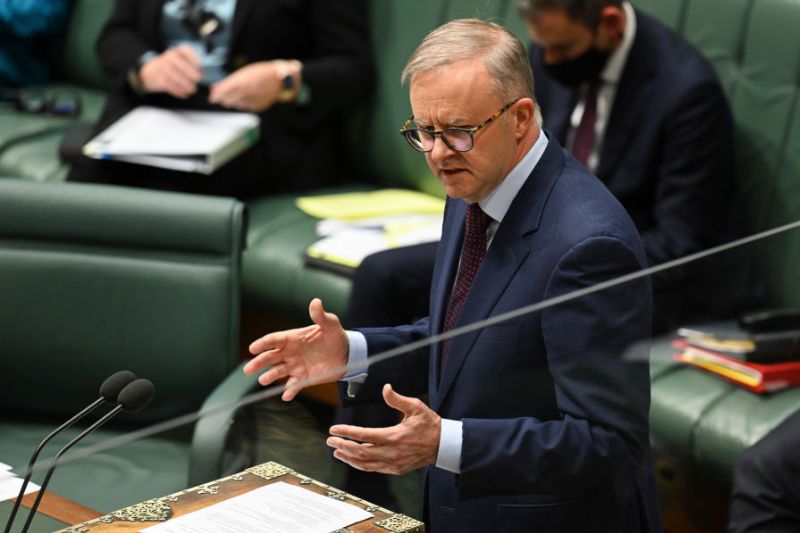
AUSTRALIA
- Frank Brennan
- 28 October 2022
6 Comments
In recent years, Australian policies in relation to asylum seekers and refugees have been unnecessarily mean, cruel and disorganised. The election of the Albanese government provides the opportunity for a reset, putting behind us the past mistakes of both Coalition and Labor Governments in the last 20 years.
READ MORE 
-
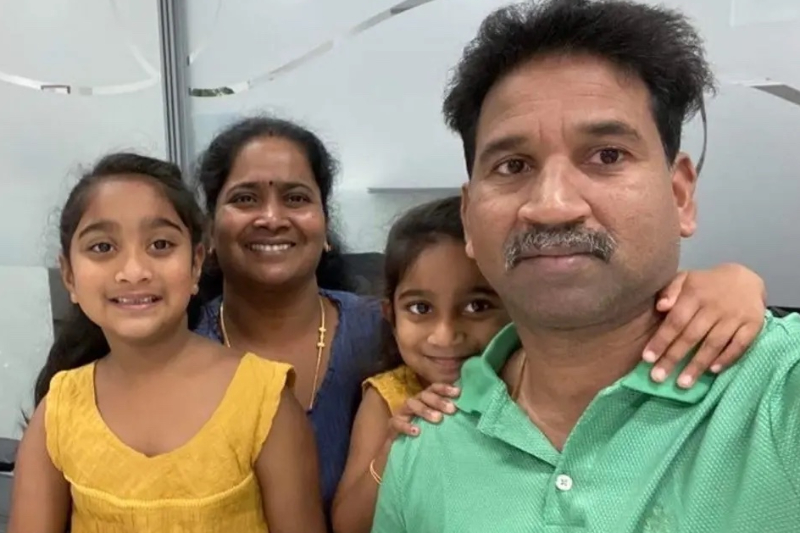
AUSTRALIA
- Kerry Murphy
- 02 June 2022
7 Comments
The case of the Murugappan family illustrates the punitive and puritanical approach of the previous government towards human beings arriving in Australia by boat and then seeking asylum. The tone of each message clearly reflects totally different attitudes towards the people affected, with special note of the fact that Minister Chalmers rang the family to tell them, and then rang people in Biloela to pass on the news.
READ MORE 
-
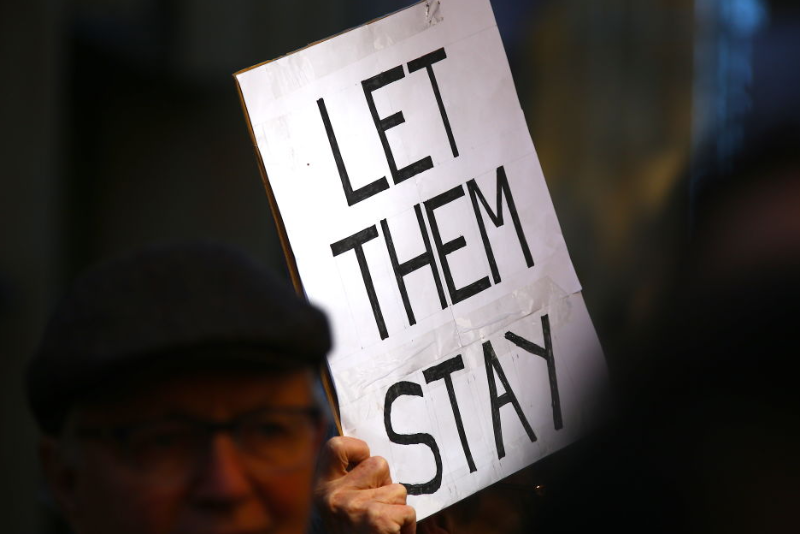
AUSTRALIA
- Kerry Murphy
- 05 April 2022
3 Comments
Recently the Government announced a special visa program for Ukrainians fleeing the war in their home country. The desperate situation in the Ukraine has dominated news for the last month, and already many tens of thousands of Ukrainians have fled their country seeking safety in nearby countries like Poland, Hungary and Rumania. Whilst Ukrainian migration to Australia is relatively small numerically, the response was quick and seemingly generous — a three-year visa with Medicare and work rights.
READ MORE 
-
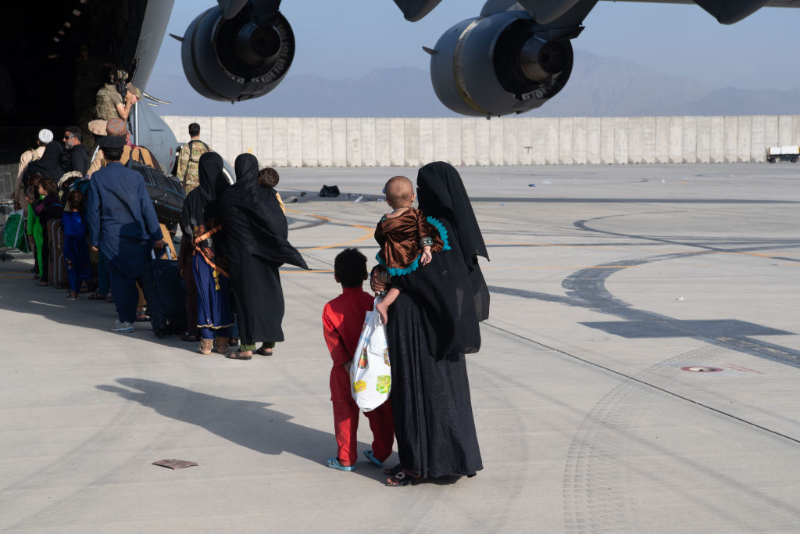
INTERNATIONAL
- Kerry Murphy
- 28 October 2021
6 Comments
Mark Twain is reported to have said ‘history does not repeat, it rhymes.’ Watching a US helicopter evacuating people from the US Embassy in Kabul, that was rhyming. Many have seen this picture before, 30 April 1975, but then it was Saigon. The massive confusion, mixed messages, terrified people, lack of human rights protection happened in 1975, and still happens in 2021.
READ MORE 
-
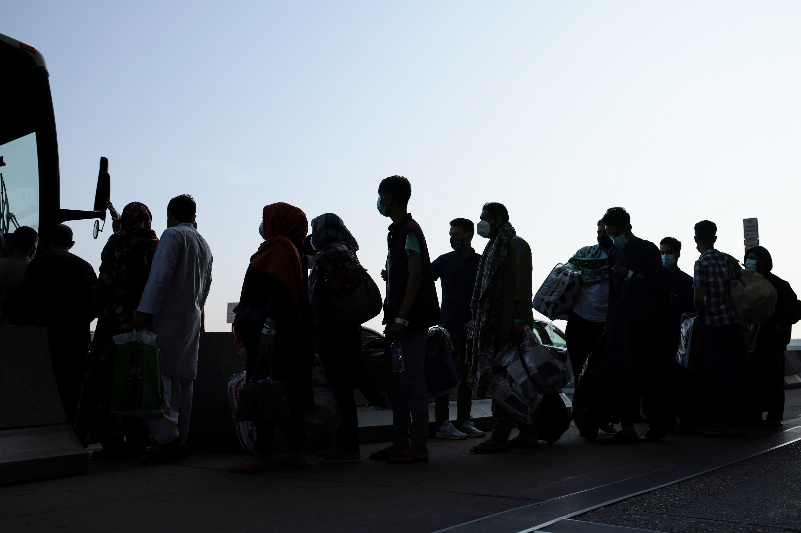
FAITH DOING JUSTICE
- Vincent Long Van Nguyen
- 30 August 2021
9 Comments
I was one of the boat people who escaped from South Vietnam. The escape happened after South Vietnam had fallen to the Vietnamese communist forces in 1975, and my world descended into total chaos with an international embargo, wars against China and Cambodia, forced collectivisation and the insidious spread of what were termed “re-education camps” - but were really communist gulags. My siblings and I grew up in a world of poverty, isolation, oppression and constant fear of what might happen to us or our loved ones.
READ MORE 
-
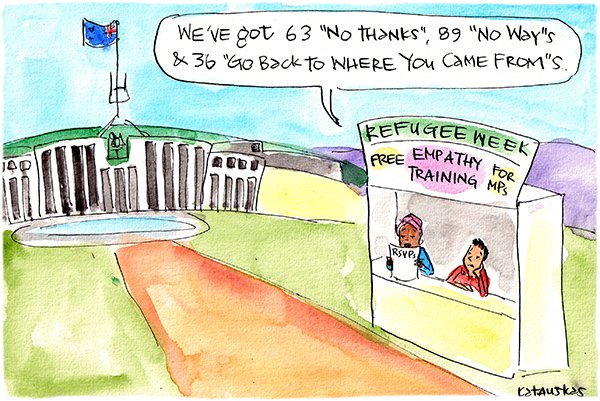
AUSTRALIA
- Andrew Hamilton
- 24 June 2021
32 Comments
Deterrence has an inner logic that we can see in Australian treatment of people who seek protection. In the first place it tends to become increasingly brutal. Each breach of policy must be met with a more effective deterrent.
READ MORE 